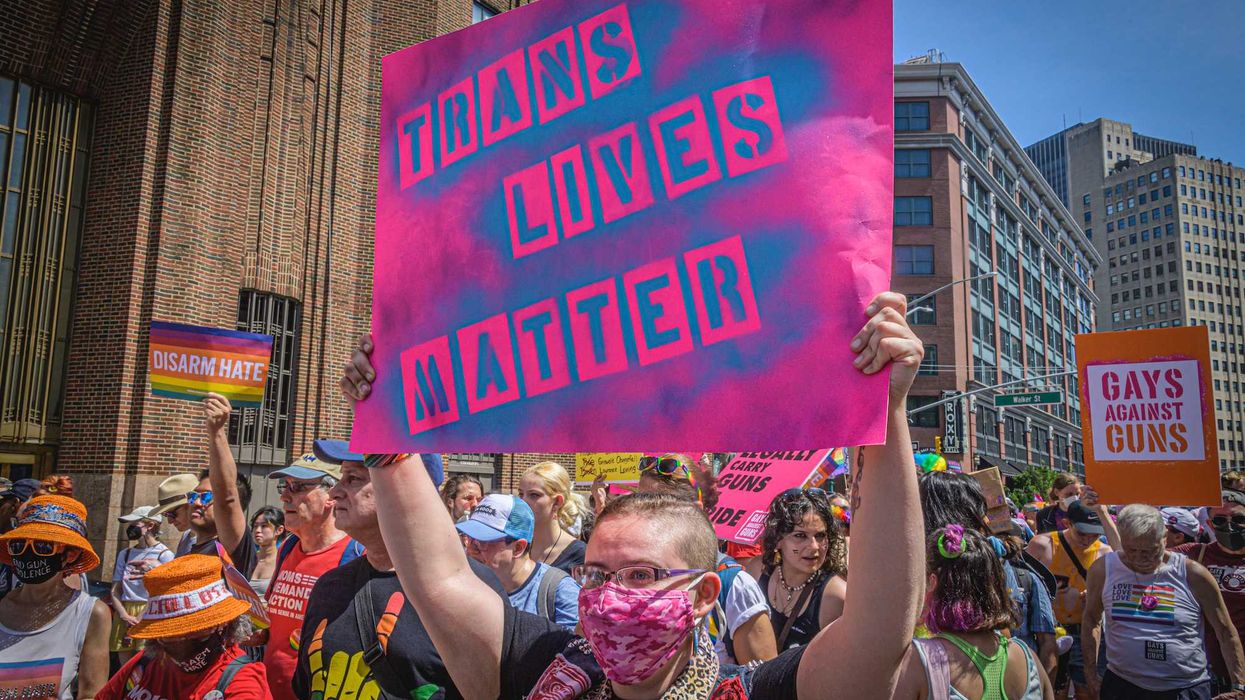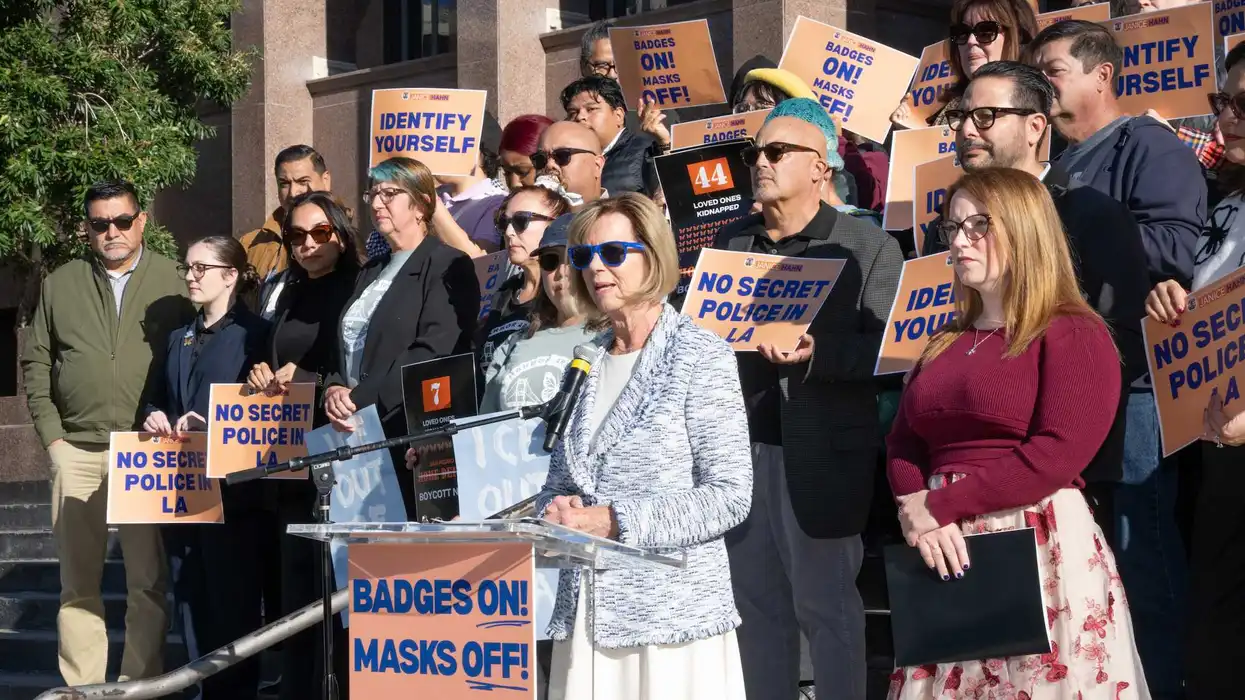
© 2025 Blaze Media LLC. All rights reserved.
"incurious know-nothing"

Quick: Who's the vice president of the United States? What happened at the Constitutional Convention? Who's third in line to be president? According to a recent citizenship test conducted by Newsweek, 38 percent of those asked similar questions got them wrong. Depressing. But here's whats even more depressing: in its write-up on the test results, Newsweek just happens to blame states' sovereignty and capitalism.
Sure, the article starts out innocently, and gloomy, enough:
They’re the sort of scores that drive high-school history teachers to drink. When NEWSWEEK recently asked 1,000 U.S. citizens to take America’s official citizenship test, 29 percent couldn’t name the vice president. Seventy-three percent couldn’t correctly say why we fought the Cold War. Forty-four percent were unable to define the Bill of Rights. And 6 percent couldn’t even circle Independence Day on a calendar.
But then it starts naming off the possible reasons, and quoting experts about why we've become "incurious know-nothings." There's our complicated political system (which, of course, Newsweek says is complicated in relation to Europe) for one. "Most experts agree that the relative complexity of the U.S. political system makes it hard for Americans to keep up," the article says.
Like this expert, Michael Schudson, author of "The Good Citizen:" “Nobody is competent to understand it all, which you realize every time you vote. You know you’re going to come up short, and that discourages you from learning more.”
And then we get to the good stuff -- the other reasons: Income inequality, a "decentralized education system" that relies on the states, and "market-driven programming."
More experts:
It doesn’t help that the United States has one of the highest levels of income inequality in the developed world, with the top 400 households raking in more money than the bottom 60 percent combined. As Dalton Conley, an NYU sociologist, explains, “it’s like comparing apples and oranges. Unlike Denmark, we have a lot of very poor people without access to good education, and a huge immigrant population that doesn’t even speak English.” When surveys focus on well-off, native-born respondents, the U.S. actually holds its own against Europe.
And:
Other factors exacerbate the situation. A big one, [Yale political scientist Jacob] Hacker argues, is the decentralized U.S. education system, which is run mostly by individual states: “When you have more centrally managed curricula, you have more common knowledge and a stronger civic culture.” Another hitch is our reliance on market-driven programming rather than public broadcasting, which, according to the EJC study, “devotes more attention to public affairs and international news, and fosters greater knowledge in these areas.”
Sure, Newsweek goes on to say that educating people on entitlement reform is key to balancing the budget, and notes that in these times civic ignorance is "a big problem going forward." Good. But why must those nuggets be buried behind the capitalism-bashing?
Interested readers can take the civics test themselves. But understand your answers can and will be used against you. You could, however, just plead the fifth. That is if you're not an "incurious know-nothing" who knows what that is.
Want to leave a tip?
We answer to you. Help keep our content free of advertisers and big tech censorship by leaving a tip today.
Want to join the conversation?
Already a subscriber?
Jonathon M. Seidl is a former managing editor of Blaze News and a best-selling author and speaker. His next book, “Confessions of a Christian Alcoholic,” will be released on October 7, 2025.
Jonathon M. Seidl
Jonathon M. Seidl is a former managing editor of Blaze News and a best-selling author and speaker. His next book, “Confessions of a Christian Alcoholic,” will be released on October 7, 2025.
more stories
Sign up for the Blaze newsletter
By signing up, you agree to our Privacy Policy and Terms of Use, and agree to receive content that may sometimes include advertisements. You may opt out at any time.
Related Content
© 2025 Blaze Media LLC. All rights reserved.
Get the stories that matter most delivered directly to your inbox.
By signing up, you agree to our Privacy Policy and Terms of Use, and agree to receive content that may sometimes include advertisements. You may opt out at any time.






